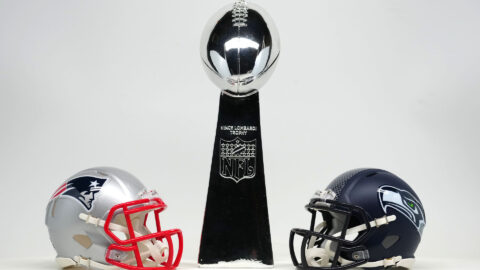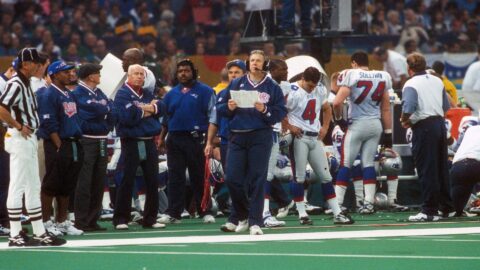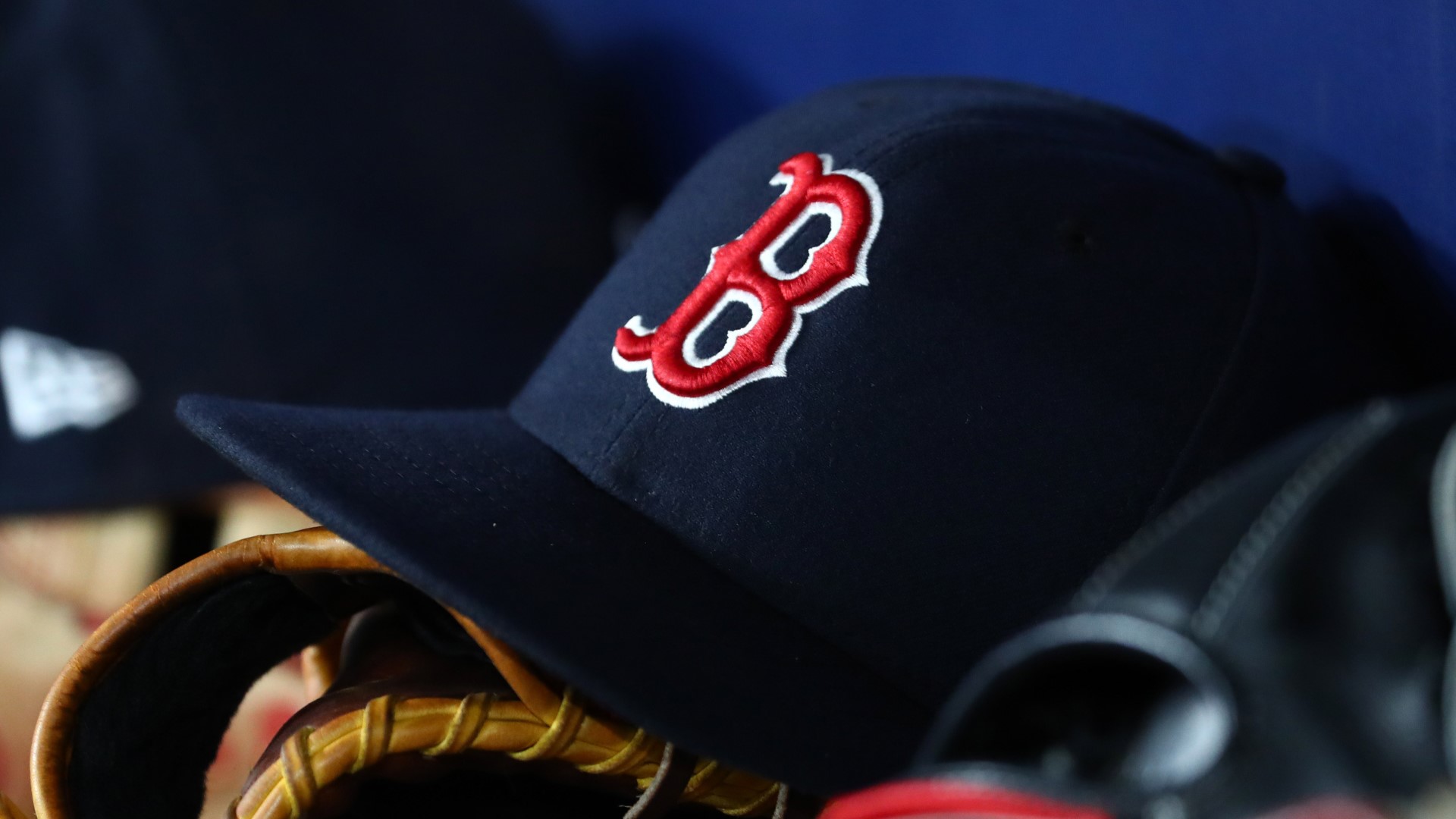The perfect situation for quarterback Peyton Manning probably didn't exist.
There were flaws with every team that made a serious run at him in free agency, but then again, teams without elite quarterbacks don't typically win many games anymore. Best-case scenario, Manning had to make a series of projections before finally reaching an agreement Monday with the Broncos.
Denver, after all, used a terrific playoff victory against the Steelers to mask a three-game losing streak at the end of the regular season, and that skid nearly pushed them to the wrong side of a playoff tiebreaker. The Broncos have a good system in place from the top down, but they're going to have to draft well and use a huge chunk of their cap room to continue upgrading a team that seriously overachieved in 2011.
This wasn't to say the Broncos were a poor choice for Manning. They play in a winnable division, boast an excitable fan base and have enough pieces to get to the playoffs. And that aforementioned cap space can help Manning reunite with his fellow Colts castoffs.
More than anything, Manning's decision could have been both praised and criticized regardless of his destination. The 49ers looked like the best fit to win immediately, as well as for several years, but their top offensive weapons — tight end Vernon Davis and wide receivers Michael Crabtree and newly signed Randy Moss — have all gone off the reservation at various points in their respective careers. That stuff won't jive with someone like Manning, who is driven by consistency and structure, and there's nothing wrong with that at all.
The Titans could have also been a good fit. Manning would have been able to stick it to the Colts twice a year, and Tennessee was dedicated to improving its offensive line. But aside from running back Chris Johnson and a wildly unpredictable wide receiver in Kenny Britt, the Titans' offensive weapons need an upgrade.
Tennessee also had a blah defense that needs work, and there may have been too many holes for a surprising nine-win team to knock off the Texans. And lastly, depending on your perspective, Titans owner Bud Adams' pursuit of Manning was either really admirable or a bit creepy.
The Dolphins had an attractive roster and tons of money, too, but the infrastructure among the decision-makers looks more and more like a mess with each passing day. And the thought of playing in a division against the dominant Patriots probably wasn't very enticing, considering those circumstances.
And then there were the Cardinals, who made an impressive early charge before quickly fizzling out. Manning could have merely used them for leverage, but if he signed with Arizona, it would have been easy to question his competitive drive.
It wasn't a perfect market for Manning from the start, but again, the questionable health of his neck likely stifled any surprise teams from jumping in on the action. Even Manning's new home in Denver has its question marks — for instance, the news of his signing was nearly dwarfed by the immediate speculation over Tim Tebow's future.
But the bottom line is, a healthy Manning alone can turn his team into a playoff contender, which he displayed on a regular basis in Indianapolis. The Broncos, by the same merit, didn't sign Manning to let him do it on his own, and they'll be driven to surround him with a championship team.
If it all comes together, that's the perfect recipe the two sides were hoping to achieve, even if it's not ready at this very moment.
Have a question for Jeff Howe? Send it to him via Twitter at @jeffphowe or send it here. He will pick a few questions to answer every week for his mailbag.



